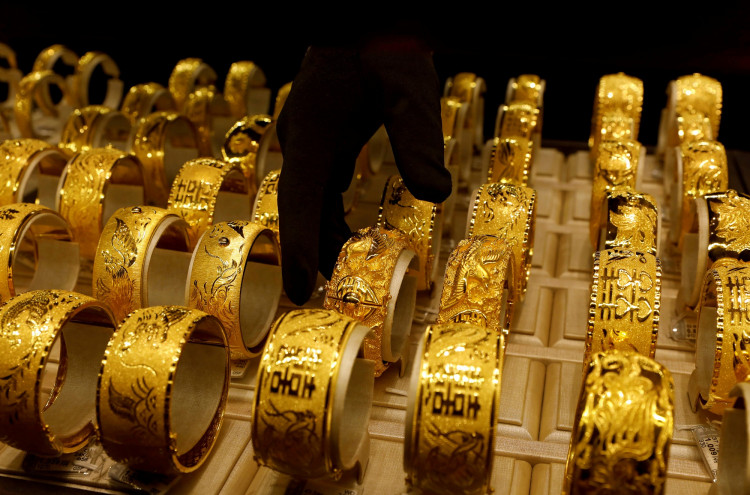Gold consumption in China has steadily decreased over the last few months, raising concerns that the industry may be losing its previous luster. However, analysts have argued that the slide may just be temporary and the outlook for the industry may still end up being positive for the rest of the year.
Shoppers in China have reportedly shunned away from the precious metal in recent months given the continued rally of gold prices. Buyers have reportedly started to stay away from purchasing gold as its current price has made it a relatively bad option for investment purposes.
Since last year, gold consumption has steadily declined across the nation. According to the China Gold Association, gold buying fell by about 12.91 percent to 1,002.78 tons last year. Gold jewelry consumption fell by around 8.16 percent to 676.23 tons, while gold bullion consumption fell by 26.97 percent to 225.8 tons in 2019.
The Chinese Spring Festival is traditionally the peak season for gold consumption, but the gift-giving season still failed to bolster gold sales. The head of market intelligence at the World Gold Council, Alistair Hewitt, mentioned that consumer demand for gold has weakened in light of the surging prices and the overall economic slowdown.
Average gold prices last year surged by more than 13.73 percent year-on-year to around $44.3 per gram. The increase in prices has made buyers more rational and cautious over the past months. Purchasing gold at such high prices could result in massive losses if prices go down.
Instead, some investors have turned to gold-backed exchange-traded funds (ETFs) as they generally offer lower transaction costs and are relatively lower risk. A report published by the World Gold Council revealed that assets under management in Chinese gold-backed ETFs surged to record highs during the third quarter of last year, reaching over 16.9 billion yuan.
Another contributing factor to the decline in the demand of gold is the fact that younger Chinese consumers, specifically those under 30 years of age, are less prone to believe that the precious metal brings in good luck. Younger consumers tend to go for fashion-oriented foreign looks and jewelry and have a less emotional attachment to gold compared to their parents.
A report from the WCG revealed that younger consumers between 18 and 24 in China are less willing to buy gold. Only 40 percent of that group believes gold jewelry brings good luck, a much lower number compared to the 88 percent of people aged 55 and up that do.





